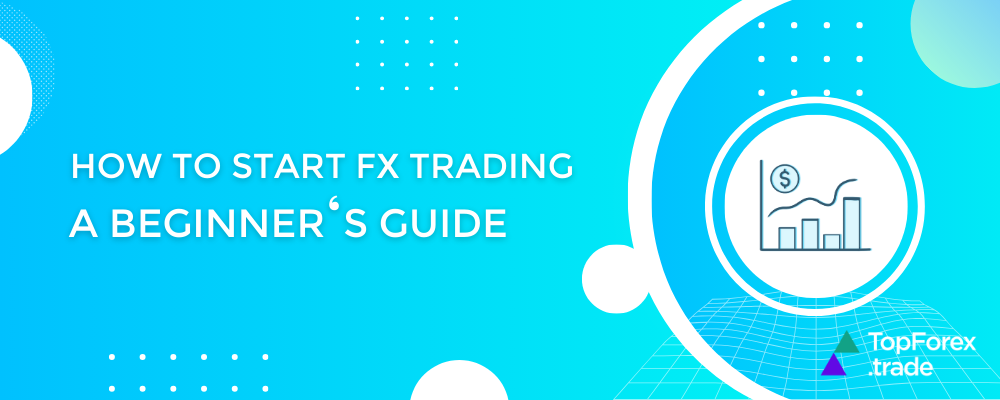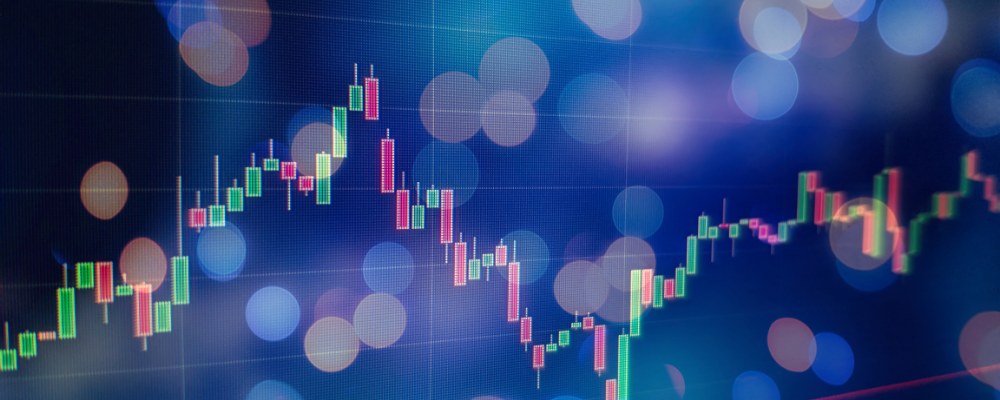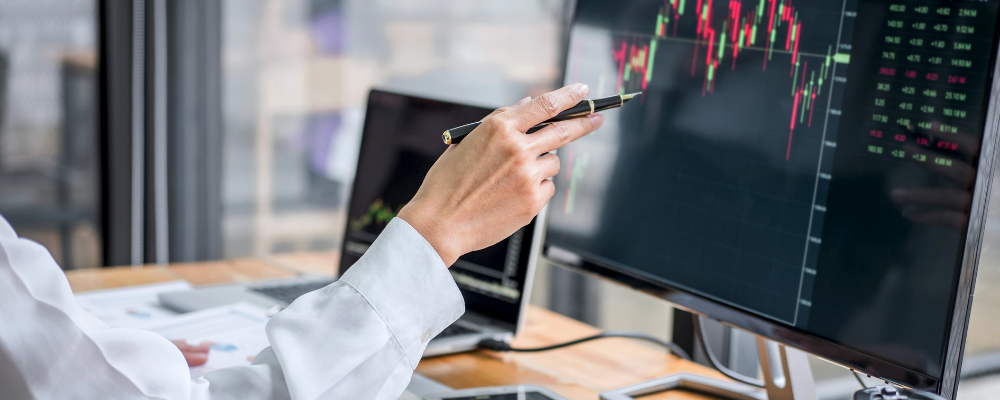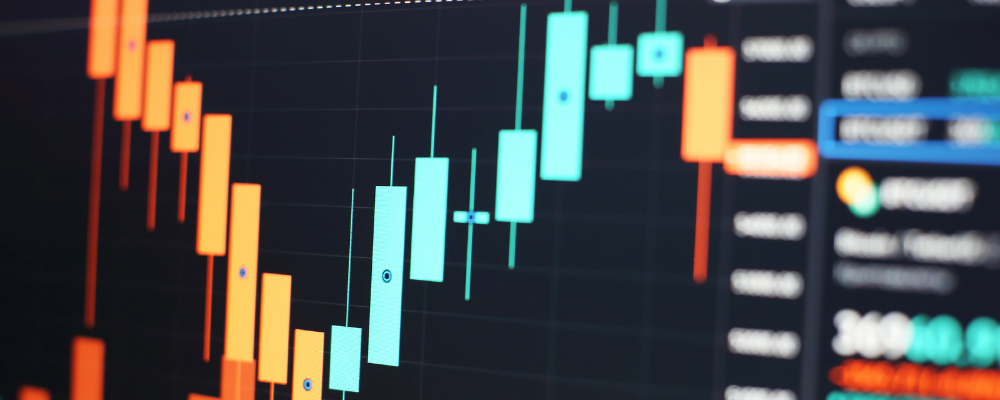A simple beginner’s guide to starting Forex trading

Forex trading might seem complex at first, but it’s a great way to access a global market where currencies and other assets are traded every day. If you’re new and want to understand how it all works, this guide is here to help. We’ll explain the basics, show you how to place your first trade and share simple tips to get you started on the right track. Let’s make your introduction to trading currencies and other assets easy and clear!
What is the Forex market?
The Forex market, also known as the foreign exchange market, is the largest and most liquid financial market in the world, where trillions of dollars in assets are traded daily. While it’s primarily known for the exchange of currencies—buying one currency while selling another—the Forex market has evolved to include a wide range of assets. Today, many brokers allow traders to access other markets such as stocks, commodities, indices, and even cryptocurrencies, all from the same trading platform.
Forex traders can buy and sell commodities like gold, silver, and oil, trade popular indices like the US30 or FTSE100, and invest in major company stocks—all through the same online platforms they use for currency trading. This broad range of options gives traders the ability to diversify their portfolios and explore opportunities beyond just currency trading. With such variety and flexibility, the Forex market has become a hub for both beginner and experienced traders looking to speculate on a wide range of financial instruments.
How does the Forex market work?

The Forex market functions through a global network of banks, brokers, and financial institutions, enabling trading of currencies and other assets 24/5. Unlike centralized stock exchanges, Forex is decentralized and operates electronically over-the-counter (OTC).
In Forex trading, currencies are traded in pairs, such as EUR/USD or GBP/JPY. When you trade a pair, you buy one currency while selling another, aiming to profit from changes in exchange rates.
Many Forex platforms also allow trading of stocks, commodities, and indices from a single account. Trades happen in real-time, with prices fluctuating based on supply and demand, geopolitical events, and market sentiment. This high liquidity and volatility present both opportunities and risks, making it essential for traders to stay informed and employ effective strategies.
Where is the Forex market?
The Forex market has no central location and operates as a decentralized, over-the-counter (OTC) market. Trading occurs electronically worldwide, with major financial hubs like New York, London, Tokyo, and Sydney keeping it open 24/5 across time zones.
While large institutions dominate, individual traders can access the market through online FX brokers, who provide platforms to trade currencies and other assets like stocks and commodities. With an internet connection, anyone can trade from anywhere, making the Forex market easily accessible to all traders.
Pro tip: Before choosing a Forex broker, check Forex brokers with the best reputation among real traders.
Who trades in the Forex market?

Diverse participants, including central banks, financial institutions, corporations, hedge funds, and retail traders trade the Forex market. Central banks and large institutions often trade to manage currencies and economic stability, while corporations use Forex to hedge against currency fluctuations in international trade. Retail traders, including individuals, participate through online brokers, speculating on currency price movements to profit from the market.
What are the most popular currencies in the Forex market?
The most popular currencies in the Forex market, often referred to as major currencies, include:
- US Dollar (USD): The world’s primary reserve currency, widely used in global trade.
- Euro (EUR): The second most traded currency, used by many European countries.
- Japanese Yen (JPY): A key currency in Asia, often seen as a safe-haven asset.
- British Pound (GBP): The official currency of the United Kingdom, known for its historical significance.
- Swiss Franc (CHF): Considered a safe-haven currency, especially during economic uncertainty.
- Australian Dollar (AUD): A popular currency in commodity trading, reflecting the country’s resource-rich economy.
- Canadian Dollar (CAD): Tied closely to oil prices, it’s a major currency in North America.
- New Zealand Dollar (NZD): Known for its stability and often used in commodity trading.
These currencies are commonly traded in pairs, such as EUR/USD and USD/JPY, and they account for a significant portion of daily trading volume in the Forex market
Read more: Ultimate guide on the most popular currencies and traded FX pairs.
What are other popular trading instruments in the Forex market?

In addition to currencies, several other popular trading instruments in the Forex market include:
- Commodities: Physical goods like gold, silver, oil, and natural gas are traded based on supply and demand factors. Commodities can serve as hedges against inflation and economic uncertainty.
- Stocks: Many Forex brokers can trade shares of major companies. Popular stocks include those from technology giants, financial institutions, and consumer goods companies.
- Indices: These are benchmarks that track the performance of a group of stocks, such as the S&P 500, Dow Jones Industrial Average, or FTSE 100. Trading indices allows investors to speculate on the overall market direction.
- Cryptocurrencies: Digital currencies like Bitcoin, Ethereum, and Litecoin have gained popularity in recent years. Traders can buy and sell these assets, taking advantage of their high volatility.
- Exchange-Traded Funds (ETFs): These funds track specific indices or commodities and are traded like stocks. They provide exposure to a diversified portfolio without needing to buy individual assets.
- Futures contracts: These are agreements to buy or sell an asset at a predetermined price at a specific future date. They are commonly used for commodities and indices.
These instruments offer traders opportunities to diversify their portfolios and capitalize on market movements beyond traditional currency trading.
How to start Forex trading?
To start Forex trading, follow these steps:
- Educate yourself: Learn the basics of Forex trading, including terminology, strategies, and market analysis.
- Choose a reliable broker: Research and select a reputable Forex broker that offers a user-friendly platform and competitive spreads.
- Open a trading account: Sign up for a trading account with your chosen broker, typically starting with a demo account to practice without risk. Check out our list below!
- Develop a trading plan: Create a clear plan outlining your goals, risk tolerance, and trading strategies.
- Fund your account: Deposit funds into your trading account to start live trading.
- Start trading: Begin by trading small amounts, applying your strategies, and gradually increasing your exposure as you gain experience.
- Monitor and adjust: Keep track of your trades, analyze your performance, and adjust your strategies as needed to improve results.
Top Forex brokers to start trading
Choosing the right Forex broker is an important step as you start your trading journey. The right broker can make it easier for you to learn and trade effectively. In this section, we’ll take a look at some of the top Forex brokers for beginners. These brokers are known for their easy-to-use platforms, low fees, and helpful resources, making them great options for anyone just getting started in Forex trading.
BlackBull Forex trading
BlackBull Markets offers a wide range of trading options, including commodities, currencies, stocks, futures, indices, and cryptocurrencies. Regulated in Seychelles, the broker ensures a secure trading environment.
Traders can choose from various account types—Standard, Prime, Institutional, Islamic (swap-free), and a demo account—allowing them to find the option that best fits their needs. BlackBull Markets supports multiple trading platforms, including MT4, MT5, cTrader, Web Trader, TradingView, and mobile apps.
Additionally, BlackBull Markets provides useful tools like BlackBull CopyTrader and BlackBull Shares. They also offer educational resources, such as webinars and tutorials, to help traders refine their skills.
XTB Forex trading
XTB stands out for its extensive global reach, operating in over 190 countries while maintaining high standards of security and transparency. Regulated by respected authorities like the FCA, CySEC, and KNF, XTB provides a solid foundation of trust for its users.
Traders can choose from versatile platforms such as xStation and MetaTrader 4, both equipped with advanced tools for trading various instruments. XTB also offers flexible account options, including Standard and swap-free accounts, to cater to different trading preferences.
To enhance the trading experience, XTB provides valuable resources like daily market updates, economic calendars, and educational webinars.
Exness Forex trading
Exness is an excellent choice for traders, offering a diverse range of options including currency pairs, commodities, indices, and cryptocurrencies. Regulated by the FCA in the UK and CySEC in Cyprus, Exness ensures a secure trading environment.
The broker provides competitive spreads through its Standard and Professional accounts, each tailored to meet different trading needs. Support is easily accessible via email, live chat, or phone. Traders can also take advantage of MetaTrader 4 (MT4) and MetaTrader 5 (MT5), both of which offer a user-friendly trading experience and advanced charting tools.
Overall, Exness offers a comprehensive trading experience that’s definitely worth considering.
OANDA Forex trading
OANDA is a trusted online broker known for its reliability and excellent customer service. It provides a secure trading environment and is well-regarded for its competitive spreads and flexible leverage options, allowing traders to customize their positions according to their strategies and risk tolerance.
Traders can access popular platforms like MetaTrader 4 or OANDA’s own platform, OANDA Trade, which includes advanced charting tools and expert advisors for effective technical analysis and algorithmic trading.
OANDA is also recognized for its wide range of resources, including daily and weekly market analysis, Forex news, and expert commentary, all designed to enhance the trading experience.
XM Group FX trading
XM Group, established in 2009 and based in Belize, is a reliable online broker for Forex and CFD trading with a low minimum deposit requirement. Regulated by respected authorities like the Cyprus Securities and Exchange Commission (CySEC) and the UK’s Financial Conduct Authority (FCA), XM Group ensures a secure trading environment.
The broker emphasizes account security with features like 2-step authentication.
XM Group offers a wide range of trading options, including currency pairs, stocks, commodities, and indices, allowing for market exploration and portfolio diversification. The user-friendly platform is equipped with tools for both novice and experienced traders.
With competitive spreads and various account types, XM Group meets diverse trading needs, whether you’re starting with a demo account or seeking advanced features.
Related articles:
How to start Forex trading - FAQ